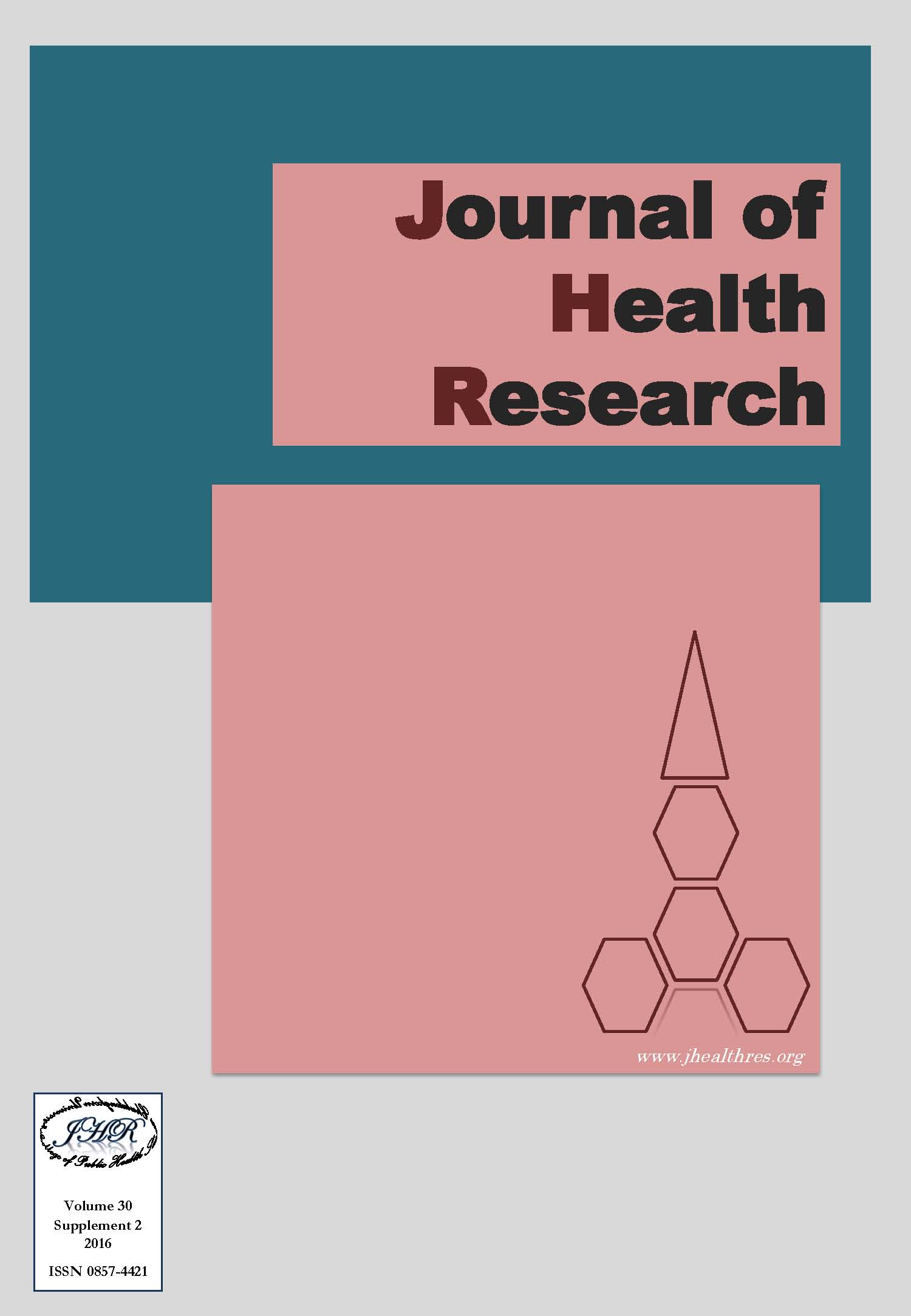Knowledge and Attitude toward the Selection of Health Insurance Type after Retirement in Ratchaburi Province, Thailand
Keywords:
Universal Coverage Scheme, Private health insurance, Retirement, ThailandAbstract
Background: Thailand has shifted to an aging society, the price of long-term care and healthcare services for the elderly is expensive. This study aimed to describe the level of knowledge, attitude toward the selection of health insurance type after retirement in Ratchaburi province, Thailand and the relationship among them.
Methods: Four hundred and thirty people aged between 50-59 years old who lived in Nhongree district, Ratchaburi province were interviewed by purposive selection with inclusion criteria of Thai population’s age 50-59 years old under Universal Coverage Scheme’s rights. The descriptive analyses were knowledge, attitude, and selection toward Universal Coverage Scheme (UCS) or private health insurance. Statistical analyses such as chi-square were used to explore the association among socio-demographic data, knowledge, attitude, and practice.
Results: Level of knowledge was significant at p-value <0.05 (p-value <0.001) with practice which most of poor group will use both UCS and private health insurance (50.7%). The χ2 value was 23.3. The relationship between attitude group and practice group was significant at p-value <0.05 (p-value <0.001) and the χ2 value was 25.8.
Conclusion: Poor level of knowledge and high level of attitude had association with buying private health insurance after retirement. Therefore, Thai government should provide more information about benefits from UCS.







